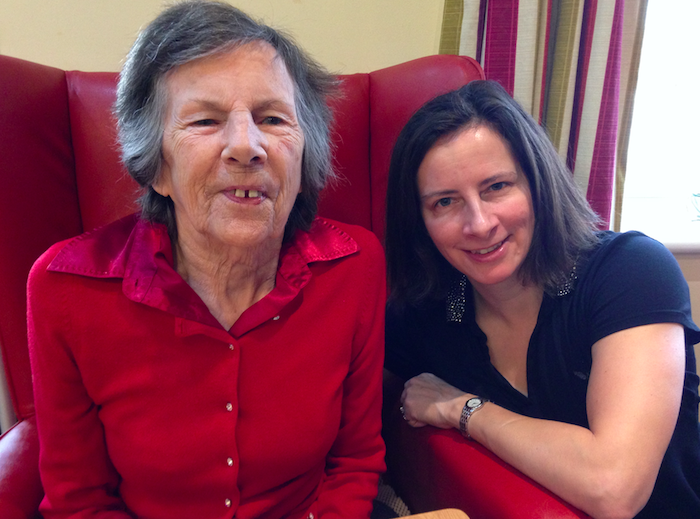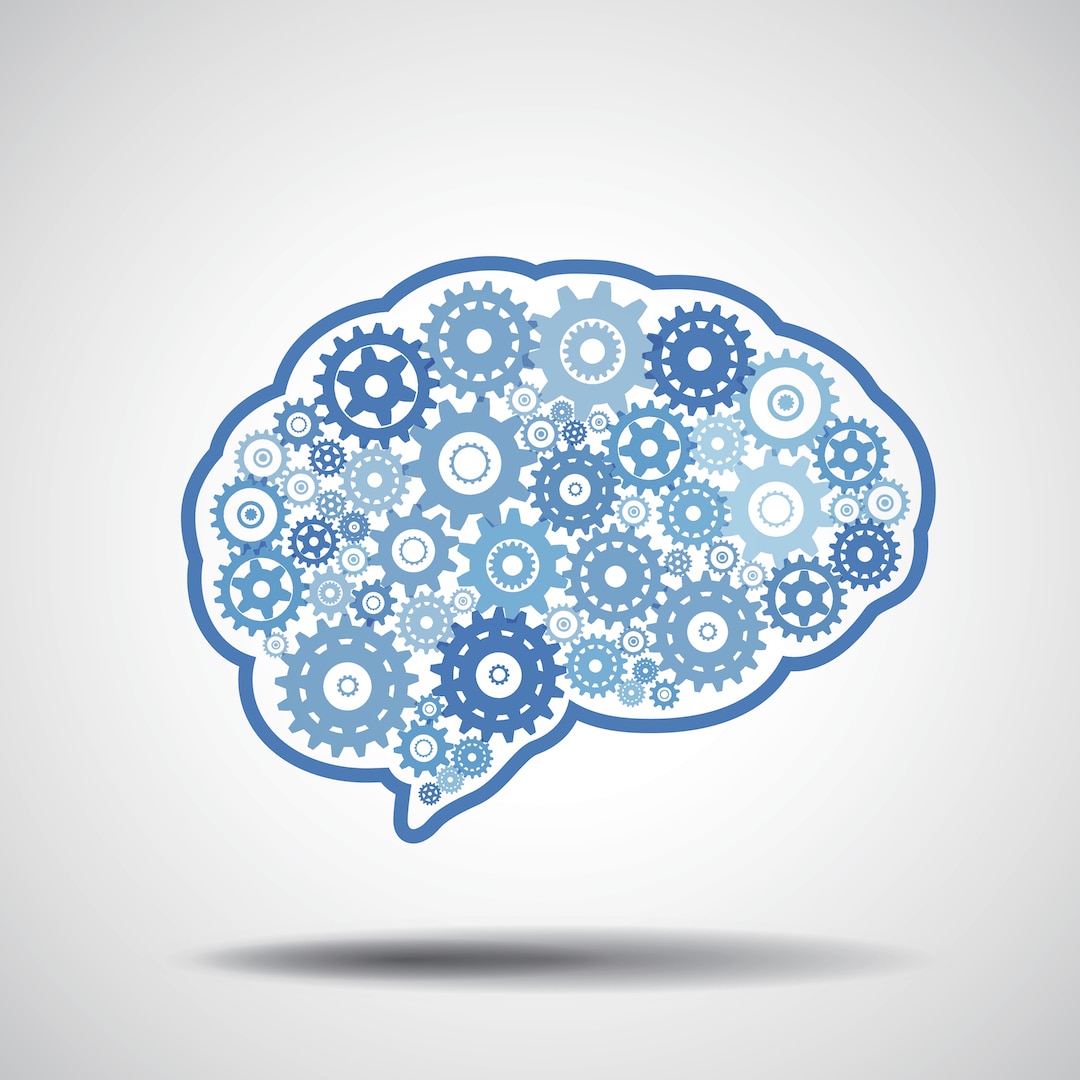

Products for people who care
Julie Foster reveals how her experiences as a carer became the inspiration behind her new product range, Aromapersonal As a busy and successful working mother, Julie Foster’s life was turned upside down when a close family member suddenly became seriously ill,...
Support is so crucial
My mother was diagnosed with vascular dementia in 2009. She’d had a stressful few years, looking after my father who died in 2007. Shortly after he died, I noticed she wasn’t coping very well, which was understandable, but then I realised it was more serious. Her...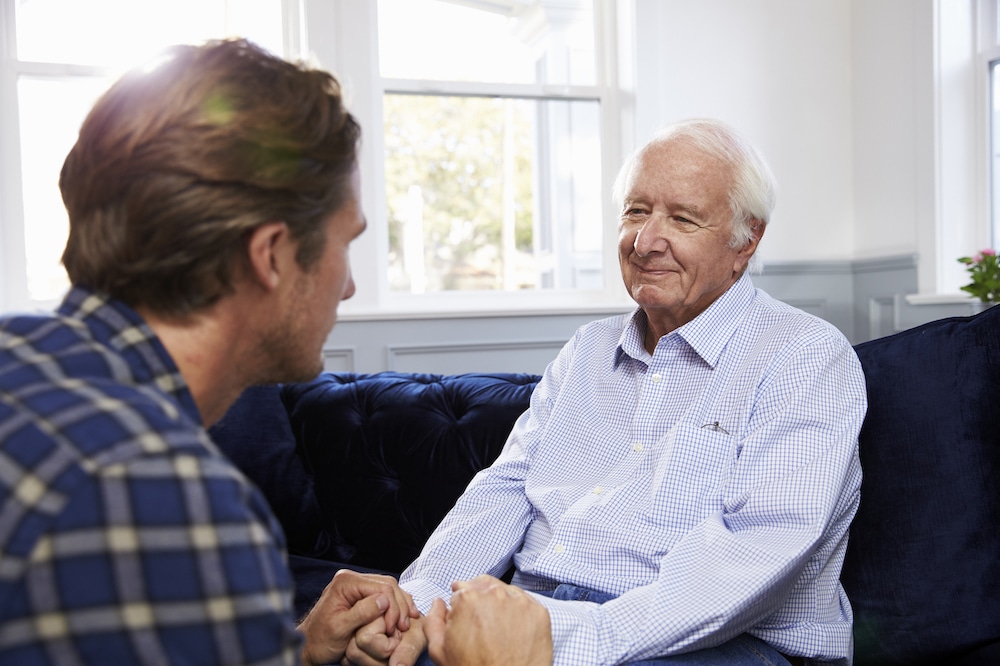
Six things to avoid saying to a person with dementia
Caring for a person with dementia can be frustrating, exhausting and – sometimes – downright baffling. However, conflicts, arguments and distress can often be avoided simply by choosing your words carefully and knowing when to distract and deflect from subjects that...
Making the person safe at home
If your loved one lives alone, it’s going to take some foresight to ensure they remain safe at home. They may still be independent but their needs will increase over time and they may already need help with certain tasks. Try to identify what the person currently...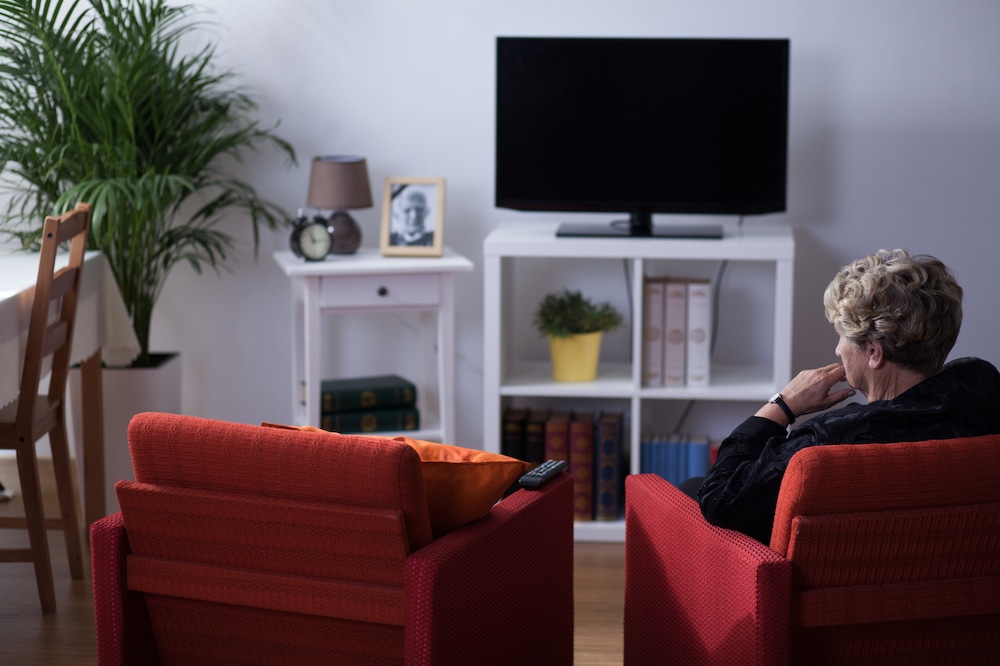
When a person with dementia can no longer live alone
Dementia is a progressive disease and there will come a time when it is no longer safe or practical for the person be alone. You may have already accepted that this is inevitable, and you may already be considering the next best step. Christina Neal has some...
How children can help a person with dementia
Children have a valuable role to play in helping a person with dementia – bringing comfort to the person and a calming effect. Derek Fisher suggests nine ways children can help a loved one with dementia. 1. A person with dementia sees a child as a friend. Children of...
No one should face dementia alone
Dementia can be a very lonely experience not only for the person living with it but for those around them, writes Derek Fisher. This became apparent to me when I realised that my father had early signs of Alzheimer’s and I did not know then what I know now. This is a...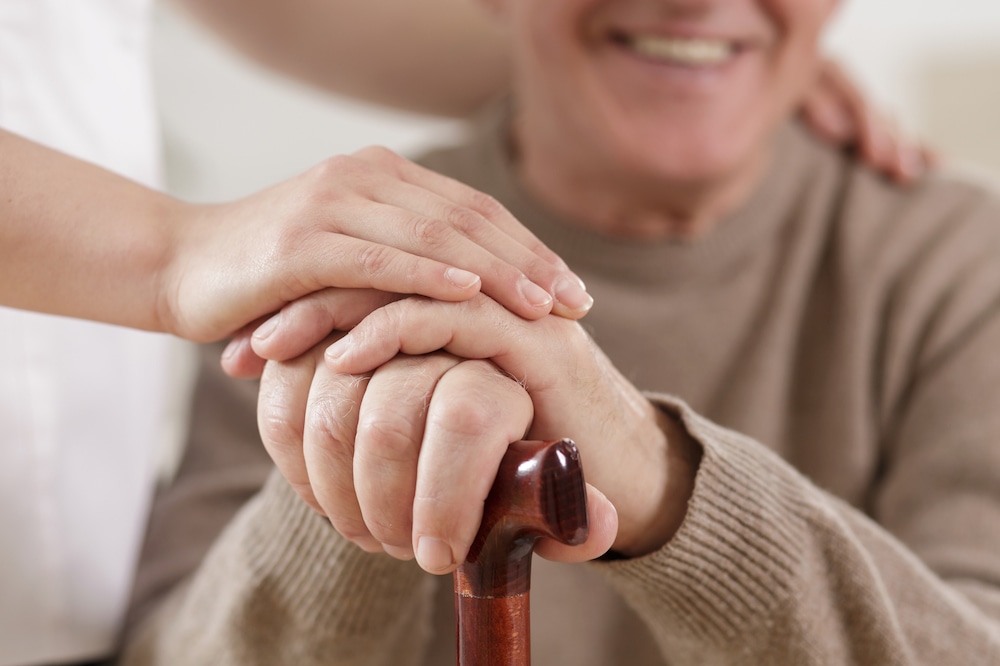
Why make an advance decision?
Known as an Advance Directive, an Advance Decision is a legally binding document, which outlines what treatment and end-of-life care a person would like to receive in future, when they are no longer able to express or communicate what treatment they would like. It’s...